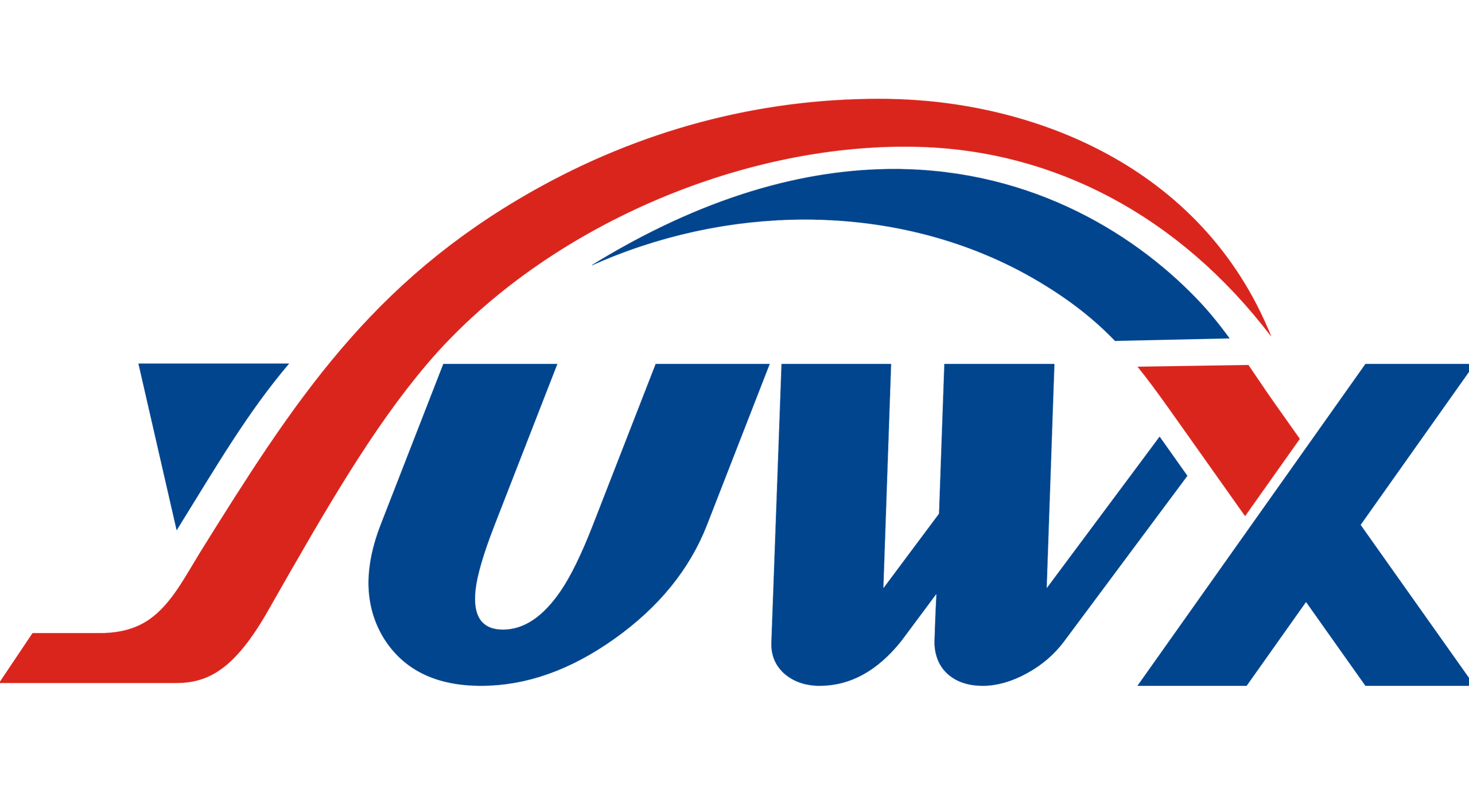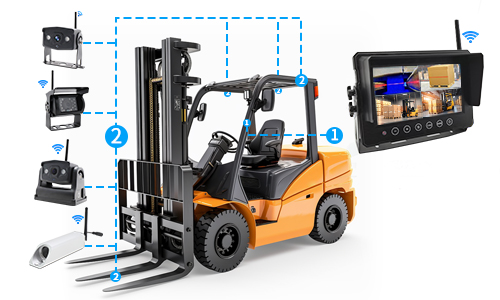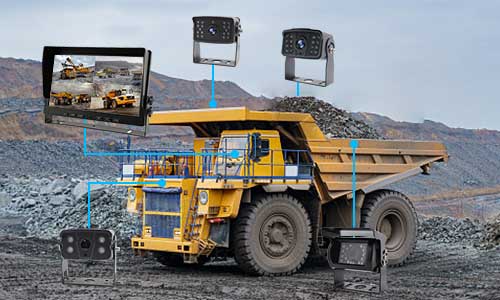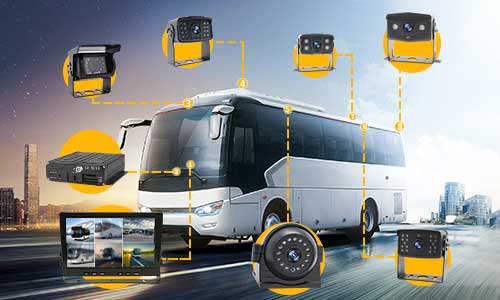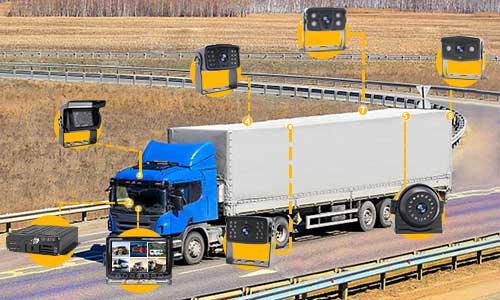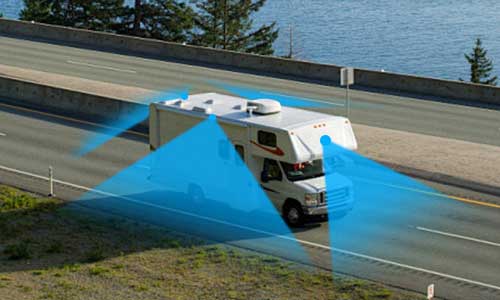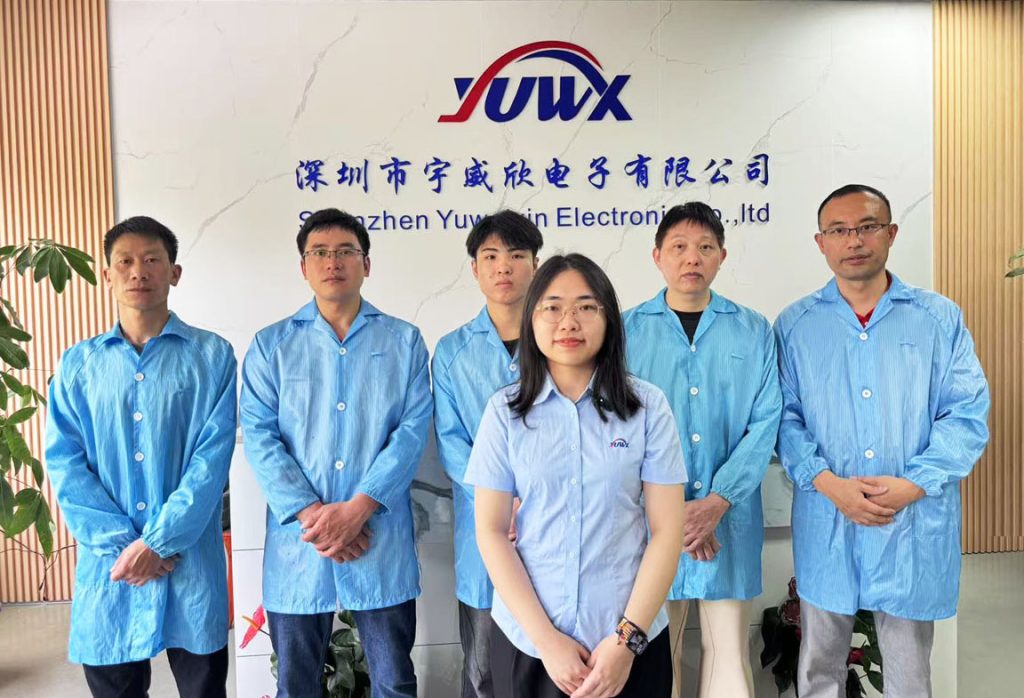How Truck Camera Systems Improve Driving: Enhancing Safety and Efficiency on the Road
In recent years, truck camera systems have become an essential tool for both individual truck drivers and fleet operators. These systems are changing how trucks are used. They also help make roads safer and improve efficiency. Here’s how truck camera systems are revolutionizing the industry.

1. Enhancing Driver Awareness
Truck camera systems offer real-time visuals of a truck’s surroundings, significantly improving driver awareness. These cameras have wide-angle lenses and 360-degree coverage. They help remove blind spots. Blind spots are a major cause of accidents with large vehicles. Drivers can monitor their surroundings more effectively, ensuring safer lane changes, turns, and parking maneuvers.
For instance, rearview cameras provide clear visuals when reversing, reducing the risk of hitting obstacles or pedestrians. Similarly, side-view cameras help drivers maintain a safe distance from other vehicles, especially in congested traffic.
2. Promoting Safer Driving Practices
Modern truck camera systems often come with advanced features such as driver monitoring and AI-based alerts. These systems can spot behaviors like drowsiness, distraction, or mobile phone use. They give real-time warnings to the driver. Such tools are especially beneficial for long-haul drivers, who are more prone to fatigue-related incidents.
Fleet managers can access recorded footage. They can review driving habits and spot risky behaviors. This helps them give targeted training to drivers. By promoting safer driving practices, these systems contribute to fewer accidents and a better reputation for fleet companies.
3. Providing Evidence in Case of Accidents
In the unfortunate event of an accident, truck camera systems serve as critical tools for determining fault. Dashcams, for example, record high-definition footage of the road ahead, capturing incidents in real time. This footage can help in insurance claims or legal disputes. It protects drivers and companies from false claims and extra costs.
Some advanced systems offer cloud storage. This keeps your data safe and accessible, even if the camera is damaged in a crash.
4. Improving Fleet Efficiency
For fleet operators, truck camera systems are invaluable for improving efficiency. By combining cameras with GPS tracking and telematics, companies can monitor driver performance, optimize routes, and reduce fuel consumption. For example, by analyzing footage, fleet managers can identify areas where drivers might be idling unnecessarily or taking inefficient routes.
Additionally, these systems can reduce maintenance costs by identifying issues early on. For example, a forward-facing camera can record debris or potholes on busy roads. This helps with quick rerouting or road condition updates.
5. Enhancing Security
Truck camera systems not only protect drivers but also safeguard cargo. With features like night vision, motion detection, and live streaming, cameras can deter theft and vandalism. If there is a break-in or unauthorized access, the system can alert the driver or fleet manager right away. This helps ensure quick action.
For high-value shipments, companies can use these systems to track the truck's journey in real time. This gives peace of mind to both the operator and the client.
6. Adapting to Technological Advances
As technology advances, truck camera systems are becoming smarter and more integrated. Features like AI-powered object detection, collision warnings, and lane departure alerts are now standard in many systems. These advancements are helping drivers respond proactively to potential hazards, further reducing the risk of accidents.
The rise of cloud-based systems helps companies analyze large amounts of data. This gives them insights into driver behavior, route efficiency, and overall performance.
Conclusion
Truck camera systems are now a must-have. They help improve safety, efficiency, and security on the road. These systems help make roads safer for everyone. They do this by increasing driver awareness and promoting safer driving habits. They also provide important evidence in disputes.
For fleet operators, the benefits extend beyond safety to include improved operational efficiency and reduced costs. As technology keeps changing, truck camera systems will play a bigger role in the future of transportation.
If you’re considering investing in a truck camera system, now is the time. With many options available, it’s easier to find a solution that fits your needs. This can change how you drive or manage your fleet.
